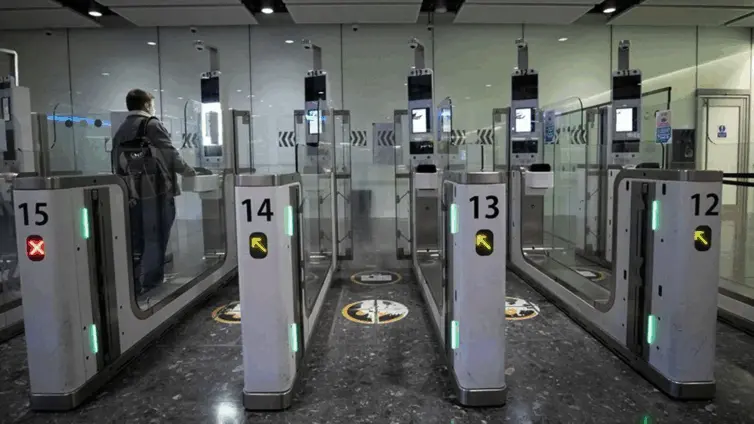Damascus has expressed its sincere gratitude to King Mohammed VI following Morocco’s decision to reopen its embassy in Syria. This move, announced recently at the Arab Summit, marks a potentially significant shift in Syrian-Moroccan relations and could have broader implications for regional dynamics. The Morocco embassy reopening in Syria, closed in 2012, signals a possible thaw in relations after years of strained ties. This article will explore the factors behind this decision, examine its potential impact on both countries, and delve into the historical context shaping their relationship.
King Mohammed VI’s announcement at the 34th Arab Summit in Baghdad underscored Morocco’s intentions. The Syrian Foreign Minister, Asaad al-Shaibani, responded with profound appreciation, emphasizing Syria’s desire to strengthen bilateral relations across multiple sectors. He expressed the nation’s hopes to elevate cooperation, particularly in areas such as economics and investment, reflecting a mutual interest in bolstering their partnership.
King Mohammed VI reaffirmed Morocco’s consistent stance, emphasizing the Kingdom’s unwavering support for the Syrian people’s aspirations for freedom, security, and stability, while respecting Syria’s sovereignty and territorial integrity. This position echoes sentiments previously conveyed in a letter to Syrian President Ahmed Al-Sharaa, highlighting Morocco’s long-standing commitment to the Syrian people.
To facilitate the embassy reopenings in both Damascus and Rabat, Moroccan and Syrian technical delegations are scheduled to conduct visits for assessment and preparation. Foreign Minister Bourita stated that these technical delegations would be crucial in ensuring a smooth and effective transition. This practical step demonstrates a concrete commitment to re-establishing diplomatic presence and fostering renewed collaboration.
The reopening of the embassies is expected to unlock vital channels for communication and coordination across various fields. Specifically, the embassies can serve as hubs for exploring and facilitating economic and investment opportunities, potentially stimulating growth and development in both countries. These diplomatic missions aim to strengthen ties that will benefit both nations.
Historically, Moroccan-Syrian relations have experienced periods of both cooperation and tension. The 2012 closure of the Moroccan embassy in Damascus reflected the complexities of the Syrian conflict and its impact on international relations. Understanding this background is crucial to appreciating the significance of the current move towards re-engagement.
The Morocco embassy reopening in Syria could have implications for regional geopolitics, potentially influencing other Arab nations and the ongoing Syrian conflict. It remains to be seen whether this move will pave the way for broader normalization of relations with Syria among other countries in the region. This act of diplomacy highlights Morocco’s commitment to regional stability and cooperation.
In summary, Syria’s expression of gratitude for Morocco’s decision to reopen its embassy underscores the potential for improved relations and regional stability. The planned technical preparations and the anticipated benefits for both nations highlight the importance of this step. The Morocco embassy reopening in Syria marks a potentially pivotal moment in their relationship, offering prospects for enhanced cooperation and mutual growth.
Image Source: MYJOYONLINE





















